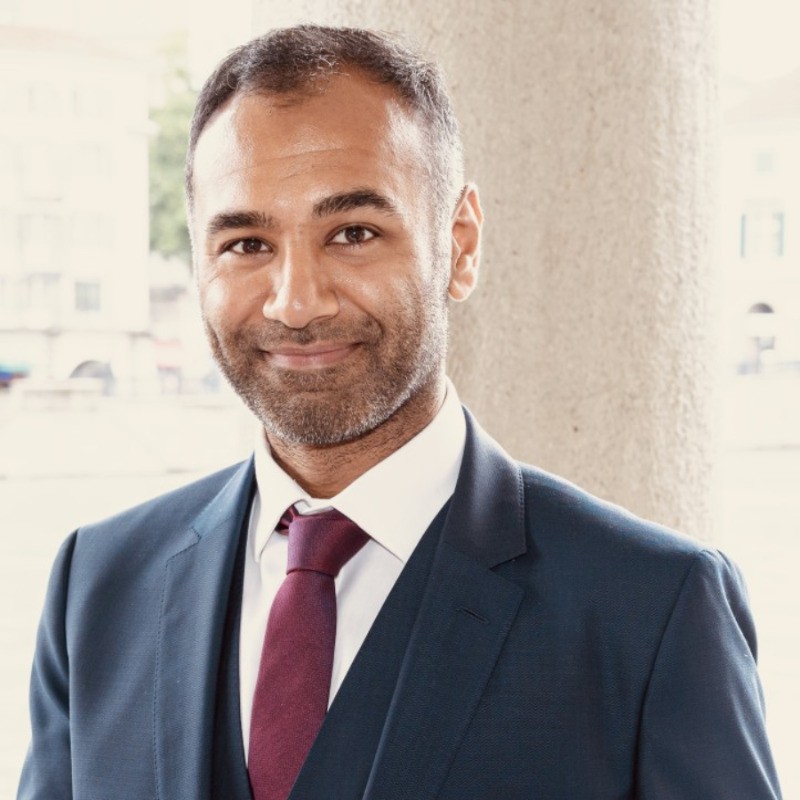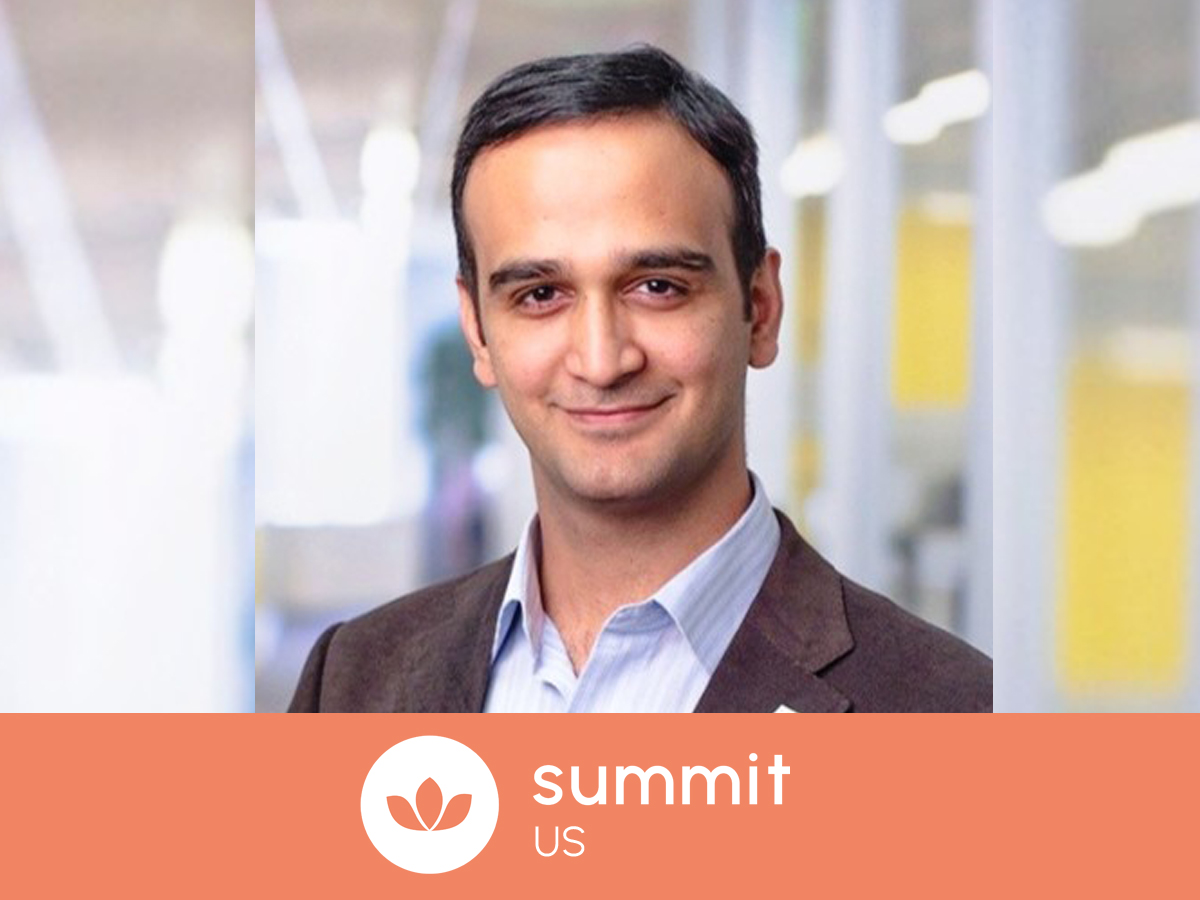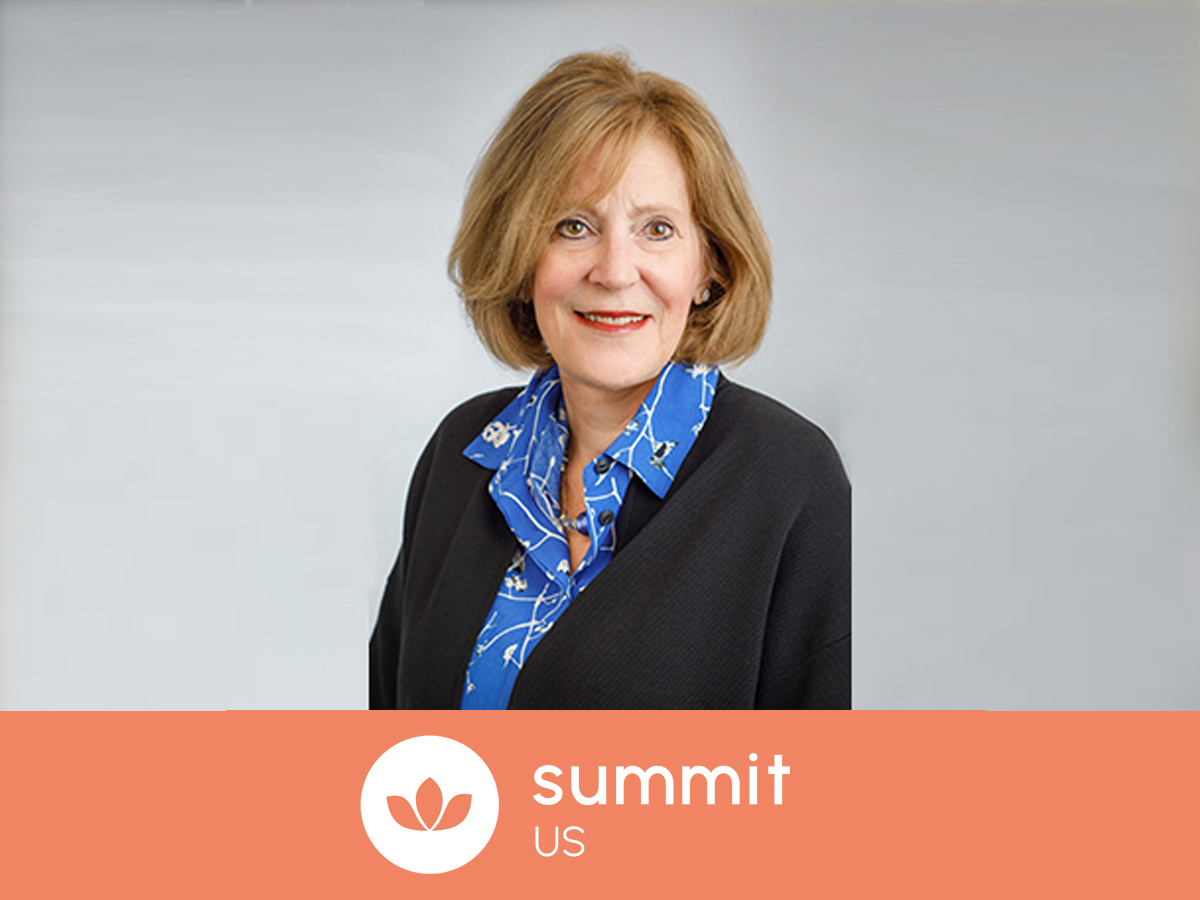
Amit’s personal passion is all about helping individuals and organisations learn how to Transform and Grow. Amit is a passionate speaker, coach and mentor and regularly presents and talks across conferences and workshops globally that range from the World Economic Forum to niche Executive Leadership, Talent/HR, as well as Well-being and Mental Health events. Over the last 15+ years, he has worked in several leadership positions within a range of organisations, from start-ups to global enterprises, supporting some of the world’s largest companies and brands in London, New York, Singapore and now Zurich.
We are delighted that Amit will be speaking in Zurich as part of our European summit. We caught up with him to find out how he’s feeling in the runup to the event.
Hi Amit, we are thrilled that you will be speaking at the Wellbeing at Work Europe Summit in May. Our first and most important question is, how are you doing today?
I’m happy and excited, 2025 is a very important year for everyone in this world. A year for us to really transform and become a better version of ourselves. Our transformation, is the world’s transformation, and so the time to act is right now.
As a leader based in the region, what are the main challenges you are facing when it comes to employee wellbeing and mental health?
Helping everyone understand that wellbeing and mental health is not a “nice to have” but a fundamental baseline of life, regardless of rank or role within a business. There is not one version of us at work and another at home, we are the same person.
When we are triggered, blaming the situation or another person does little to help us grow or understand ourselves. Instead, taking time to observe and reflect on our emotions allows us to learn about ourselves more deeply. This self-awareness helps us identify patterns, manage our responses, and use these insights to improve both our personal and professional lives. Ultimately, our wellbeing is our responsibility.
By prioritising our self-improvement, we empower ourselves to lead more balanced, fulfilling lives. Organisations must support this by fostering environments where open, honest conversations are normalised, resources are accessible, and employees feel safe to bring their whole selves to work. After all, thriving individuals create thriving workplaces and communities.
What strategies have you seen developing over the past 6 months, both internally and externally, that are moving the dial on wellbeing in the workplace?
Moving from complicated models to simple, practical teachings is a powerful shift that can make wellbeing initiatives more accessible and impactful for employees. By focusing on heartfelt conversations delivered through wellbeing experts or Employee Resource Groups (ERGs), organisations can foster an environment where individuals feel safe, supported, and empowered to explore their personal growth. These teachings should be universal, easy to adopt, and adaptable to different learning styles and formats—whether through workshops, digital resources, or peer-led discussions.
The goal is to provide guidance that helps employees better understand themselves—encouraging self-reflection and awareness. With this personal insight, individuals can identify areas for improvement and take actionable steps to enhance their lives both inside and outside of work. This approach emphasises self-improvement as a continuous journey, not just a one-time effort.
In today’s world, everyone is acutely aware of the challenges we face. What people are seeking now are practical and effective solutions that resonate on a personal level. By simplifying wellbeing practices and focusing on meaningful conversations, organisations can inspire employees to take ownership of their growth and create positive ripple effects in their personal and professional lives.
Why is employee wellbeing so important to you personally?
As human beings, we are far more than just employees, we are individuals with limitless potential. Being well is not merely about surviving, it is about thriving, finding joy, peace, and fulfilment in our lives. Moving from a state of survival to truly enjoying life is one of the greatest gifts we can give ourselves. It is about embracing growth and transformation as a way of life, because when we grow, we inspire others to do the same. Like everything meaningful in life, transformation begins within us.
Our personal transformation is deeply interconnected with the transformation of the world around us. Each of us has the power to be catalysts for change, whether through our thoughts, actions or decisions. When we take responsibility for our own life, we inspire others to follow suit. This ripple effect can lead to a brighter and better future for everyone.
The question then becomes, what role are we playing—consciously or unconsciously—in shaping that future? Are we contributing to a world of love, peace, and progress? Every choice we make matters. So, let’s make choices that contributes to a collective transformation, those that uplift humanity as a whole.
What impact is AI having in your organisation and how are you managing that?
AI is revolutionising workplace wellbeing by enabling personalised solutions and proactive management strategies. Especially as the pace of work has got faster and is more intense than before. Organisations can use AI-driven tools to provide tailored health recommendations, stress management techniques, and provide 24/7 support, ensuring employees have immediate access to resources. Predictive analytics plays a key role by identifying risks like burnout or mental health challenges early, allowing managers to intervene proactively through workload adjustments or introduction of support programs. AI also enhances engagement by analysing employee data to customise initiatives, fostering a happier, healthier and more productive workforce.
Other than AI, are there any challenges that you are seeing for the first time and how are you addressing them?
AI is vital in transforming workplace operations and wellbeing, but achieving the best outcomes requires a blend of technology and human intervention. While AI excels at supporting the workforce at scale through data-driven personalisation and predictive analytics, it lacks emotional intelligence, empathy, and the ability to understand nuanced human life experience. Human intervention is essential to complement AI by providing emotional support, building trust, and fostering meaningful connections that technology cannot replicate. Employers should focus on training leaders to leverage AI insights effectively while maintaining real life human values in decision-making, ensuring employees feel supported holistically.
What areas do you think employers should be focused on over the next 12 months?
Leadership Engagement. Hire and or develop leaders that really live and breathe more healthy behaviours, this is a demanded skillset for the future of work. So, the right leaders are needed in the current time to really drive organisational change. Doing the same thing, is not going to change the results of the business or the engagement/impact of the workforce. The way we work needs to be adapted for the current time, this new approach needs to be more human.
Do you feel that investment in employee wellbeing in the region is increasing or decreasing and is that a direct reflection on HR leaders’ increasing ability to demonstrate effective returns of their strategies to leadership?
Wellbeing initiatives should never be implemented simply to check a box or fulfil the appearance of having a program. There must be a clear purpose and intent behind them, ensuring they are seen as essential rather than a “nice to have” or a financial burden on the business. For organisations to fully embrace and invest in wellbeing, these initiatives need to be aligned with measurable outcomes that directly impact business performance. When Key Performance Indicators (KPIs) for wellbeing are closely linked to organisational success, such as employee engagement, productivity, retention, and innovation, leaders are more likely to champion and support these efforts.
This alignment is critical because engaged, high-performing, and continuously developing employees are the foundation of organisational success, particularly in today’s fast-paced and challenging environment. Wellbeing is no longer a separate or secondary consideration, it is integral to achieving sustainable performance.
To reinforce this connection, every employee touchpoint—from onboarding to ongoing development and leadership interactions—should reflect the organisation’s commitment to wellbeing. By embedding wellbeing into the culture and demonstrating its value at every level, businesses can create an environment where employees thrive, and in turn, drive the business toward long-term success.
Amit will be speaking in Zurich at the Wellbeing at Work Summit Europe which takes place in Zurich on 13th May, virtually on 14th May and in Amsterdam on 15th May. Further details on the Summit and tickets can be found here.



